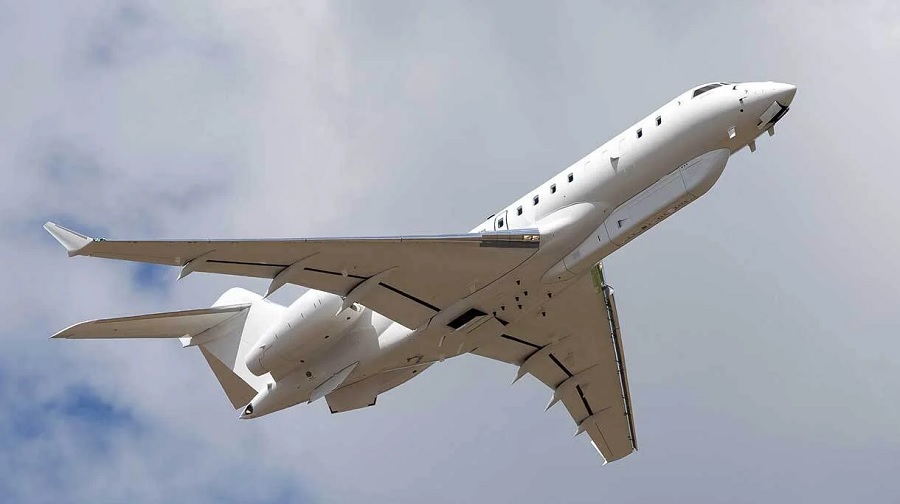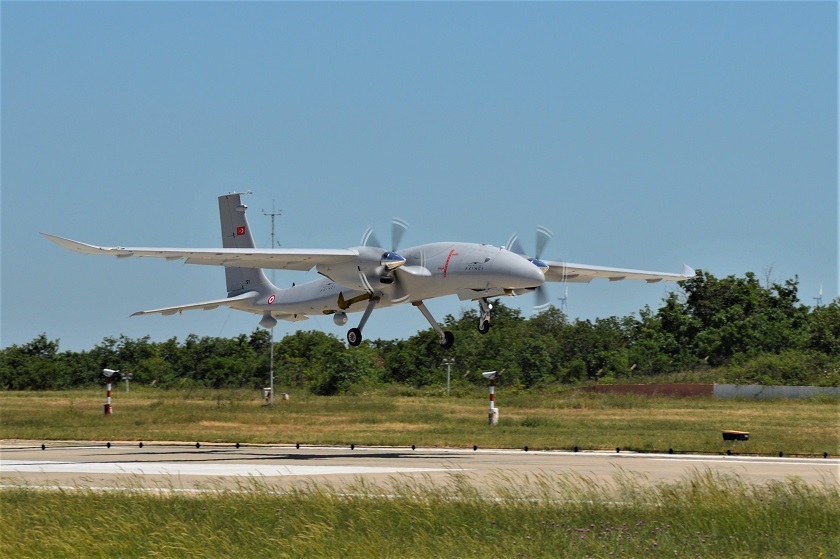German Defence Minister Boris Pistorius has said the country’s military, the Bundeswehr, will not be able to bridge gaps in funding and supplies by 2030.
“We all know that the existing gaps cannot be completely closed by 2030… It will take years. Everyone is aware of that,” Pistorius told the weekly Welt am Sonntag newspaper in an interview published Saturday.
The minister, who first took the job at the beginning of the year, has pledged to boost military spending and modernize the Bundeswehr after years of underinvestment.
Pointing to shortfalls in ammunition and weaponry for Germany’s own forces, Pistorius also rejected the idea of sending more weapons to Ukraine from the Bundeswehr’s stockpiles.
How is Germany planning to boost its defence spending?
The Defence Ministry has previously calculated that the armed forces would need an investment of €300 billion ($326 billion) to replenish and update its stocks.
Pistorius considers such an investment by the end of the decade not possible, but also “not necessary,” saying instead that priorities must be chosen.
“One of these priorities is the protection of the eastern flank of NATO. For us, that means we first set up a fully equipped division by 2025 and adequately contribute to NATO’s Response Force,” he told the Welt am Sonntag.
Chancellor Olaf Scholz announced a special fund to raise €100 billion for the Bundeswehr last year, although this has not yet been put to use. The government last week also earmarked €12 billion over the next nine years to supply Ukraine with newly produced weapons and ammunition rather than from German stockpiles.
Responding to comments from German Finance Minister Christian Lindner that every billion euros for the Bundeswehr mean cuts somewhere else, Pistorius argued that military investment is necessary nonetheless.
“Of course, we have to keep the social security system stable and make sure that society can hold together,” he said. “But at the same time, that’s of little use if we can’t defend ourselves in the case of an attack… or if we had to watch an ally be attacked without being able to support them.
“This trade-off isn’t easy, but we must reach it together,” he added.
Europe’s defensive responsibilities
Pistorius told the newspaper that “priority number one” was given to bringing the Bundeswehr into the modern age with the provision of weapons and ammunition.
In order to do that, the defence minister said he has made it his aim to increase German defence spending to 2% of GDP, in line with the target set by NATO.
According to the alliance, last year Germany spent 1.5% on defence. Data from the Institute for Economic Research (IW) that due to the special fund, Germany will indeed hit the target in 2024 and 2025 but this will likely fall again in 2026.
In his interview, Pistorius gave his reasoning for the urgent need to boost Germany’s defence.
“Should the worst case happen, and an American president enters the White House who ends up distancing themselves from Europe and NATO, we would be faced with a challenge which at the moment is barely imaginable,” he said.
Even a pro-European US president will be shifting their focus to the Indo-Pacific region, according to the German defence minister.
“That means for us in any case: more European responsibility for security and defence in Europe,” he said.
Source: Deutsche Welle.




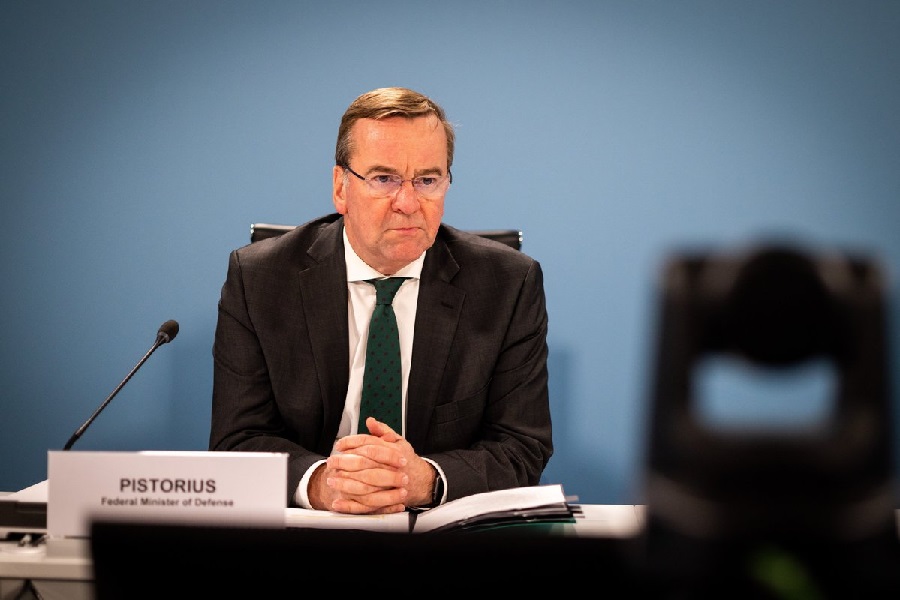
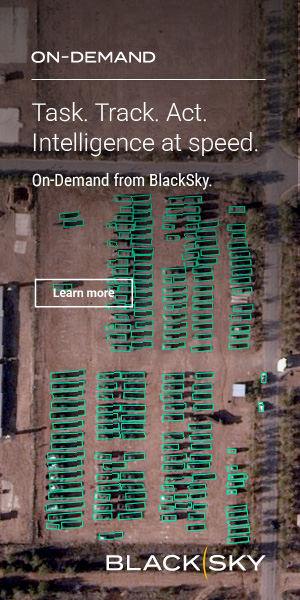


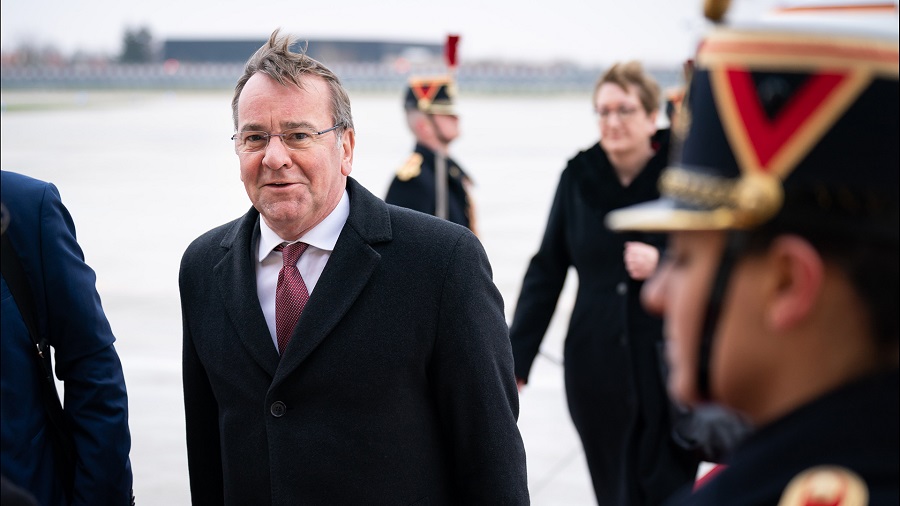
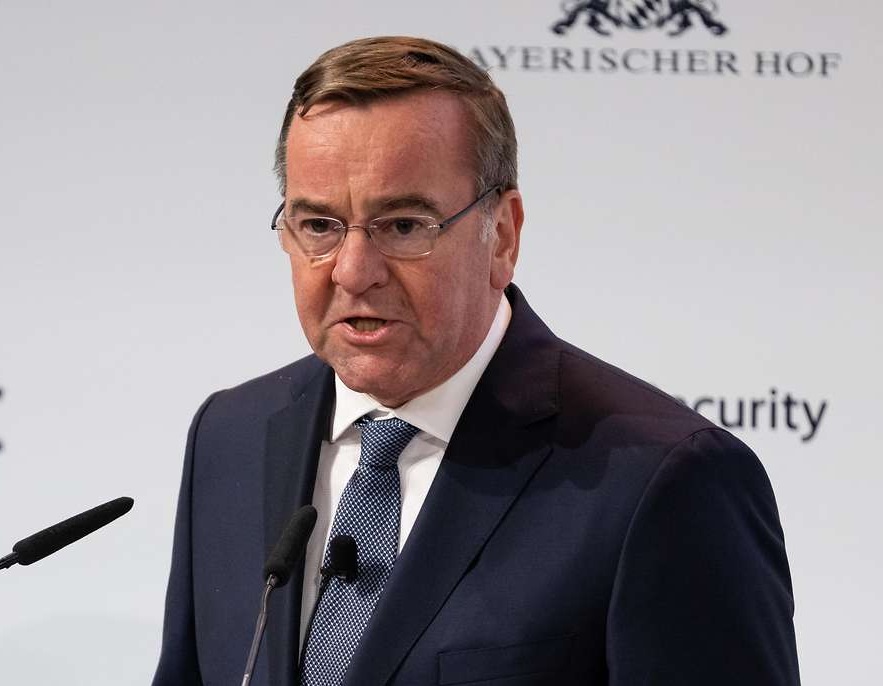
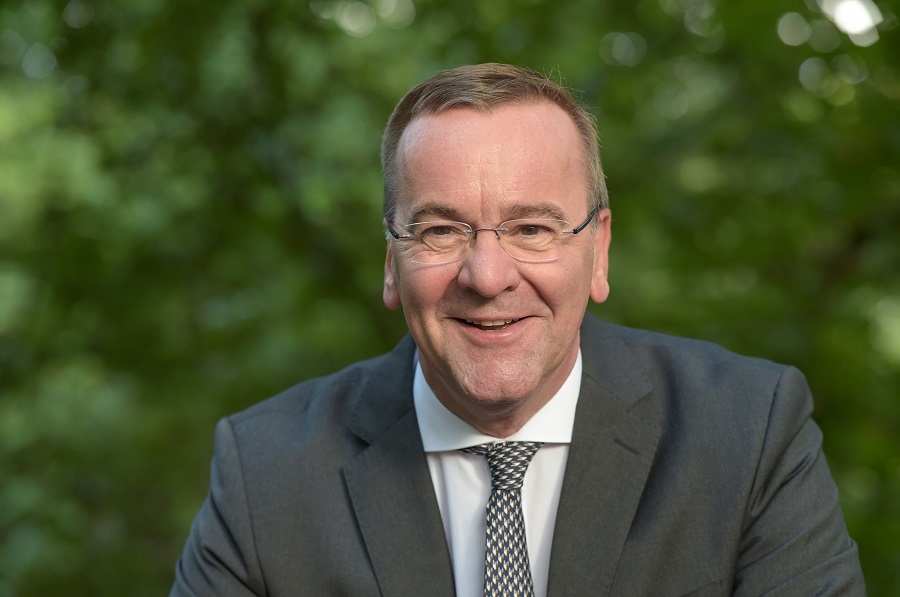
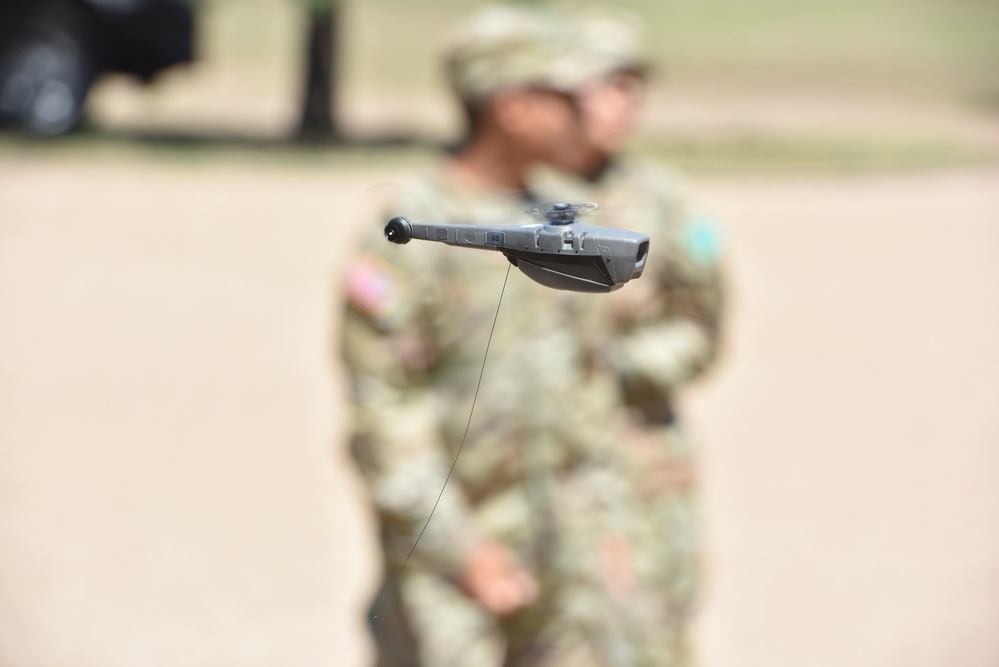
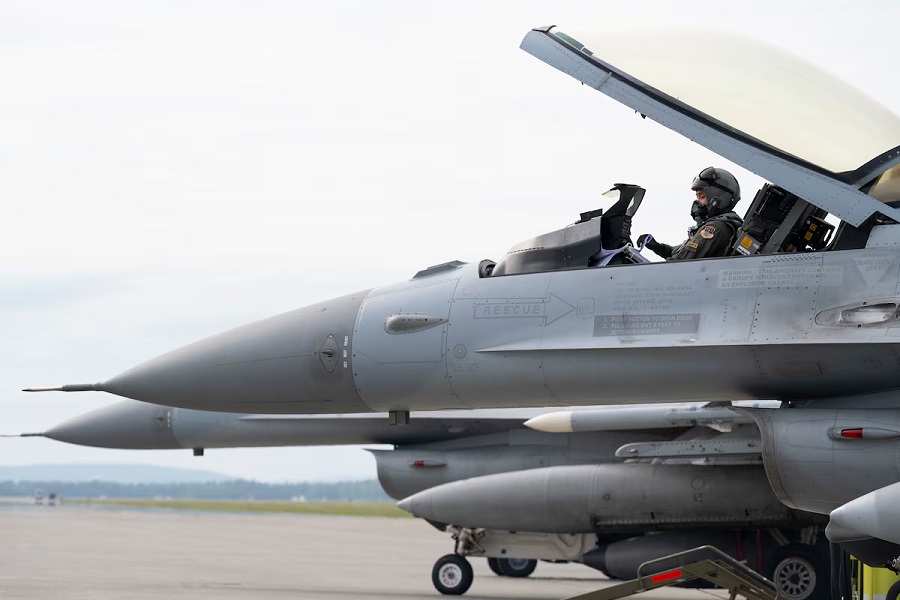
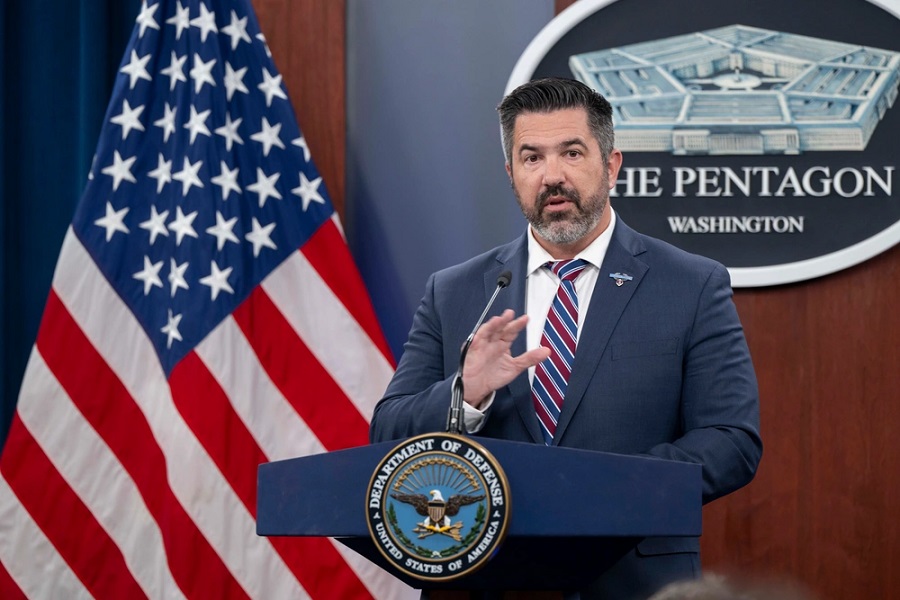
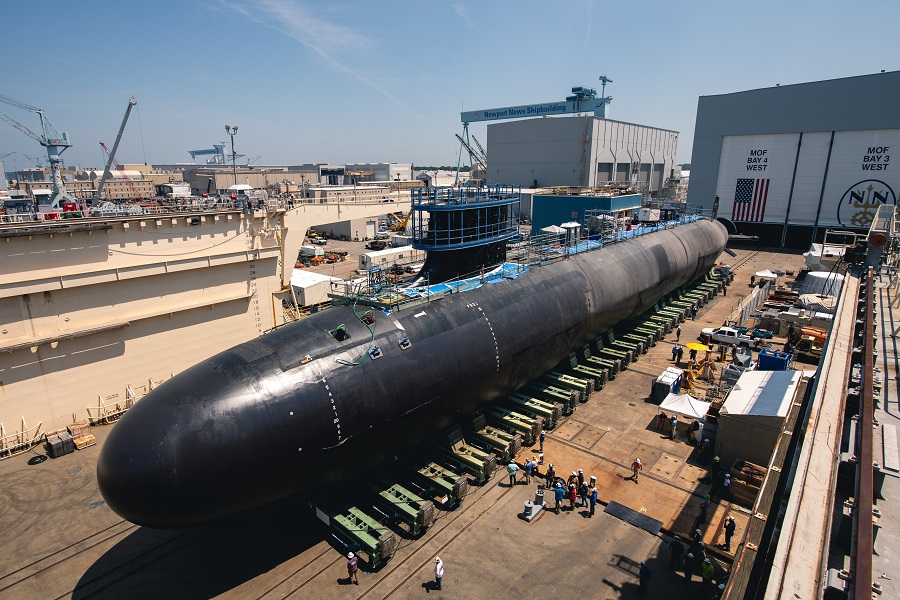

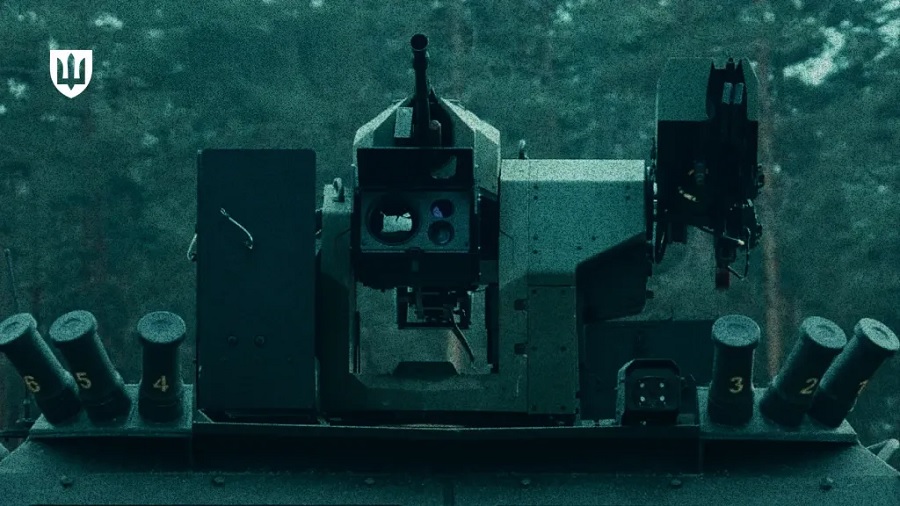
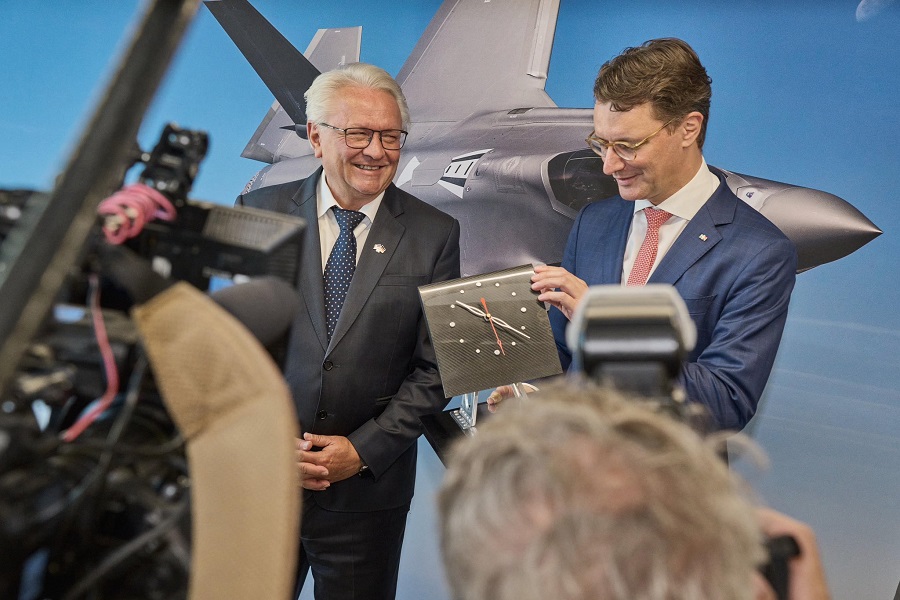
![KNDS: MARS 3 successfully launches Naval Strike Missile in first live-fire test [VIDEO]](https://defence-industry.eu/wp-content/uploads/2025/07/MARS-3-successfully-launches-Naval-Strike-Missile-in-first-live-fire-test-VIDEO.jpg)

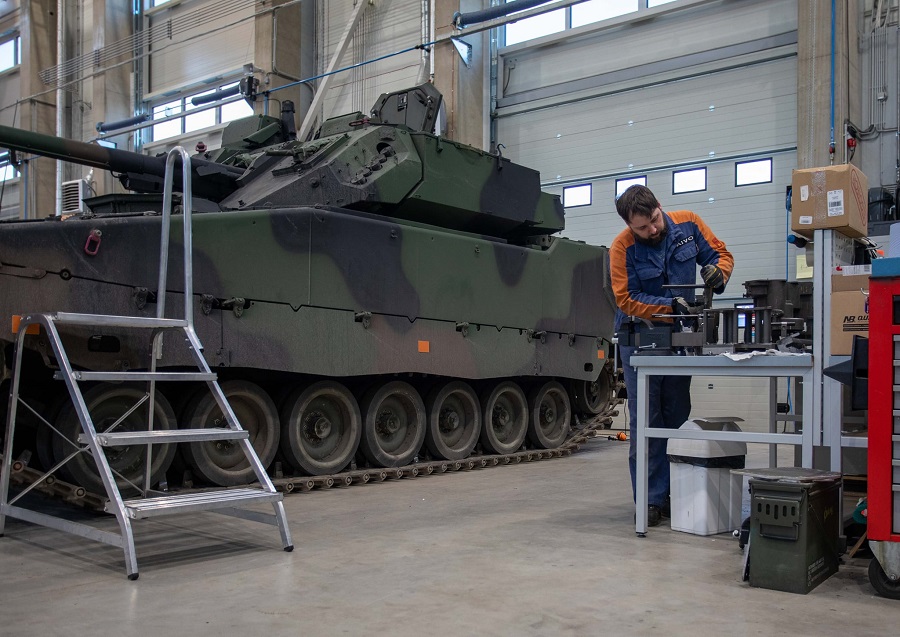
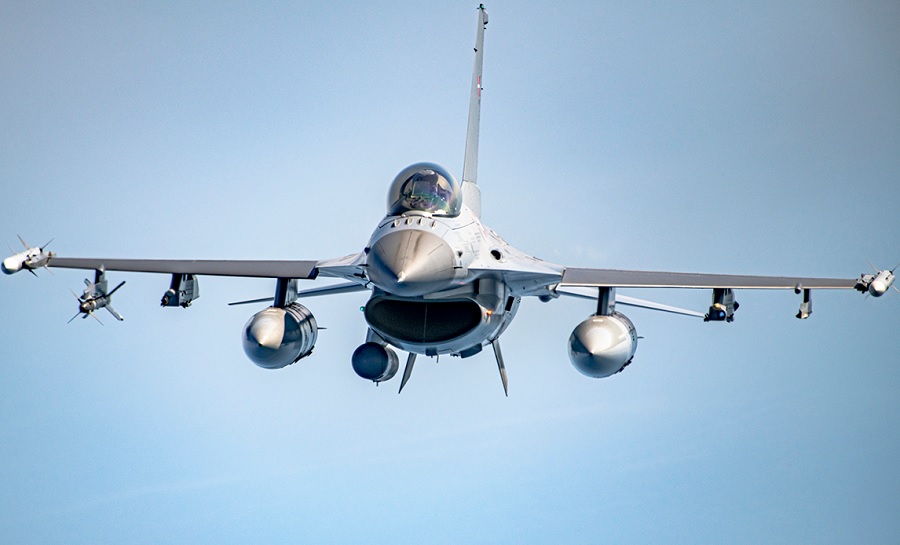
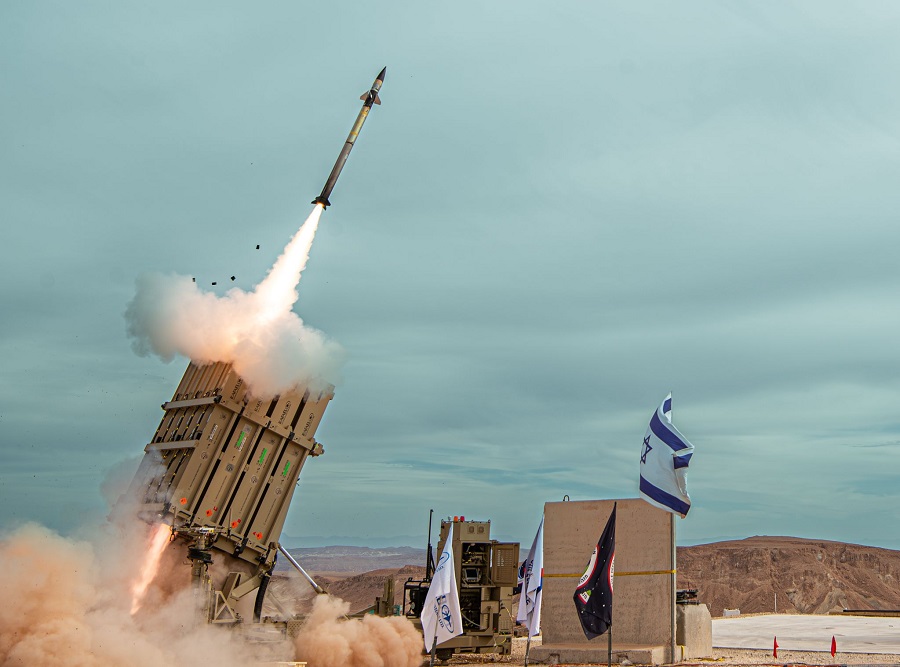
![MightyFly demonstrates autonomous cargo flight capabilities to U.S. Air Force [VIDEO]](https://defence-industry.eu/wp-content/uploads/2025/07/MightyFly-demonstrates-autonomous-cargo-flight-capabilities-to-U.S.-Air-Force-VIDEO.jpg)
